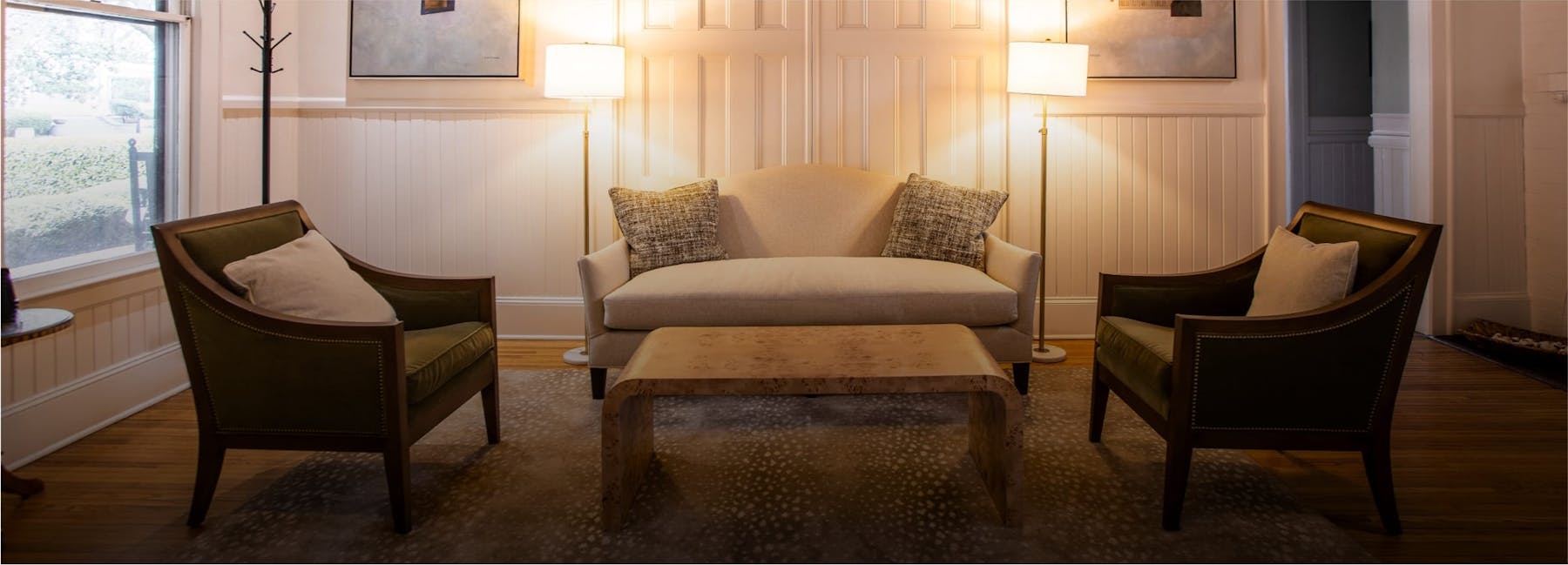
Prenups are for Millennials
Congratulations on your engagement! You’re in love and planning the wedding of your dreams. Deciding on the venue, guest list and menu are just a few of the many decisions you will need to make before the big day. But what about signing a prenup?
You may have noticed the rising popularity in prenups (also known as “prenuptial” or “premarital” agreements). Couples use prenups as a way to come to agreement on various issues like how property will be divided and whether spousal support or alimony will be paid (if at all) in the event of divorce. Talking about these issues may not be fun, especially as an additional item on your wedding checklist, but these agreements can be very worth your while.
In the past, the reputation of prenups was that only the rich and famous should consider them. Today it is safe to say that this is no longer the case. In fact, prenups have ultimately shed their stigma and have become an important consideration in the wedding planning process for many millennials. A recent article in Business Insider attributes the uptick in prenups among the millennial generation to two main factors:
- People are marrying later in life and have had more time to acquire assets before getting married.
- Many millennials feel the need to protect their interests because they are children of divorce and have witnessed the destruction of their parents’ relationship as a result of divorce.
A few points about prenuptial agreements:
- They must be in writing and signed by both parties;
- Both parties must enter into a prenuptial agreement voluntarily;
- There must be fair and reasonable disclosure of the property or financial obligations of both parties;
- They cannot eliminate the right of a child to support; and
- They become effective upon marriage.
Typically, prenups are negotiated between engaged couples through their attorneys. They are complicated legal documents and having an attorney represent you during the negotiation may be very helpful. If you and your fiancée are not on the same page about the terms, or you learn something new about your fiancée’s assets and debts that was previously not disclosed, then it can bring about significant stress. But negotiating a prenup doesn’t have to be a messy process; there are ways to reach an agreement efficiently and with less stress—Collaborative Law and Mediation are not only for divorces.
Collaborative Law Process
Besides negotiating through attorneys, the Collaborative Law process is another way to obtain a prenup. Often referred to as the “smarter” way to resolve issues, the Collaborative Law process allows couples to work together with their respective attorneys as a team with the goal of reaching an amicable agreement. While individuals each have their own attorney, the Collaborative Law process is a non-adversarial option that provides people with a more open and cooperative atmosphere to talk through all issues and reach creative resolutions. Additionally, in the Collaborative Law process, parties may include financial advisors or mental health providers to assist them in understanding all information needed to make educated and informed decisions about their finances, children, and futures in the event of a divorce.
Mediation
Mediation is another way to obtain a prenup. Mediation is a process in which a neutral third party assists couples (and their attorneys, if hired) in coming to a resolution—in this case, the terms of a prenup. For more information about mediation, check out my mediation blog series. As an attorney, I represent clients in mediation. As a mediator, I help parties resolve family law issues, including prenups, by serving as the neutral third party. I mediate cases for parties who have attorneys and for those who choose to represent themselves.
Dan Lewis is a family law attorney, certified North Carolina Family Mediator, and has been practicing Collaborative Law since 2009. He represents clients in cases involving prenups, child custody, child support, equitable distribution, alimony and domestic violence. Dan also serves as both a private mediator and court-appointed mediator. If you are interested in learning more about prenups, Collaborative Law, or mediation, schedule a consultation today.

Article by Dan Lewis


